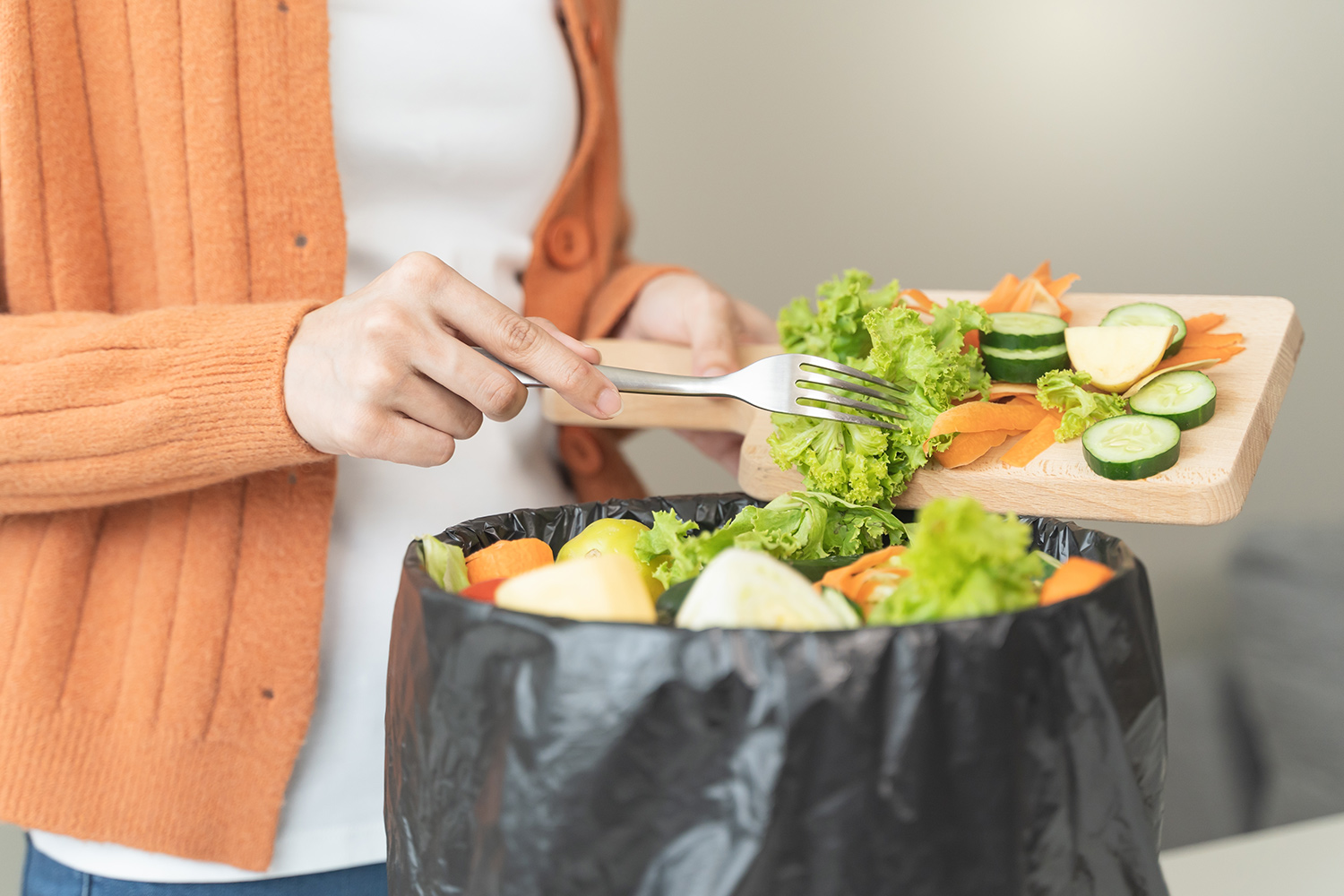Some people tend to prepare large quantities of food during the blessed month of Ramadan, leading to throwing away a lot of it in the trash and wasting a significant amount of money. Below are some tips for being economical in Ramadan and avoiding food waste:

- Meal Planning:
Create a schedule for meals for the entire week after consulting with family members and knowing what they would like to eat. This helps in preparing meals that suit everyone and are fully consumed. Preparing meals in advance also saves time for the homemaker to focus on other tasks. If there is excess food, consider sharing it with fasting individuals or those in need in the neighborhood or community.
- Shopping List:
Before heading to the market, it is advisable to make a shopping list based on the meals you plan to prepare. This helps in avoiding purchasing items that the homemaker will not need for meal preparation, which could end up in the trash, while ensuring you don't forget to buy what you need.
- Avoid Shopping While Hungry:
When you go shopping while feeling hungry, you may be tempted to buy more food and snacks that you may not eat when it's time to break the fast. It's best to go to the market when you're feeling full to only buy what you need.
- Reduce Food Quantities:
When preparing meals, it is advisable not to cook large quantities of food, as many people may not want to eat leftovers from the previous day. Therefore, it's preferable to prepare appropriate quantities of food to avoid waste.
- Donate Food:
When homemakers cook large quantities of food, it's best to donate a portion of it to friends, neighbors, or those in need. Ramadan is a month of goodness and blessings, and it's essential to foster social solidarity during this holy month while preventing food waste.
- Storing Leftovers:
Instead of throwing away leftovers, it's recommended to store them in suitable containers in the refrigerator and reheat them in the microwave when needed.
- Repurposing Leftovers:
Leftover food can be reused to prepare new meals that can be eaten for suhoor or iftar. For example, you can make sandwiches from leftover grilled chicken.
- Invite Family and Friends:
Certainly, having more people at the iftar table will lead to consuming larger quantities of food. Therefore, you can prevent food waste by inviting relatives and friends to share the iftar meal from time to time.


